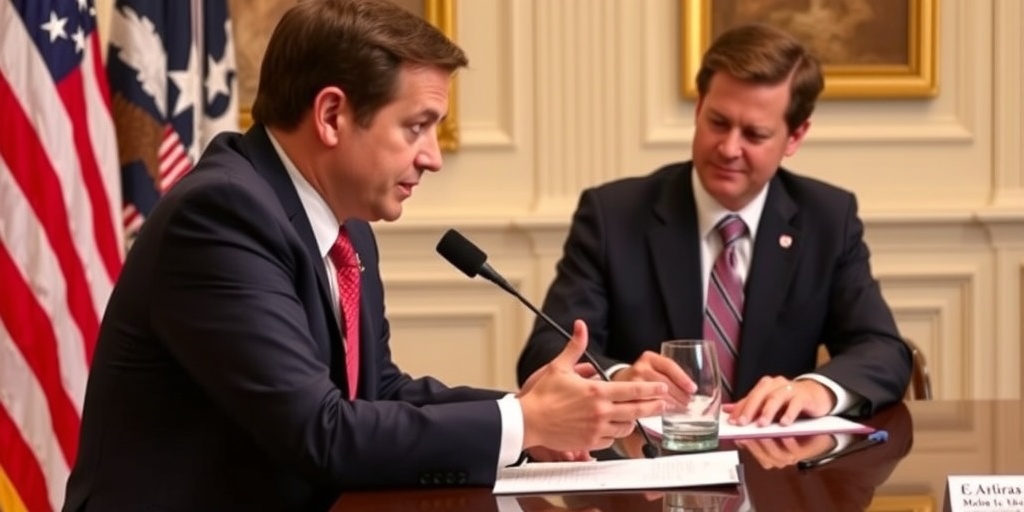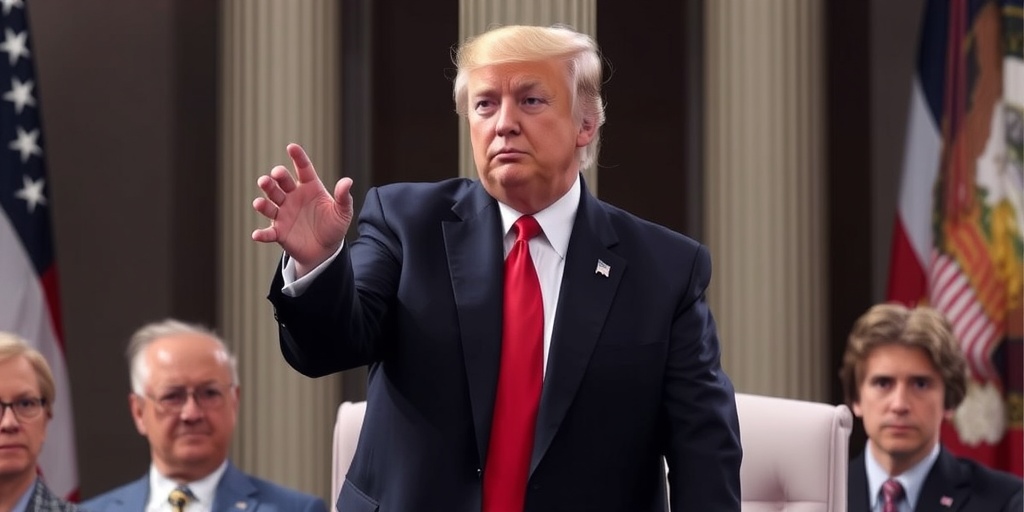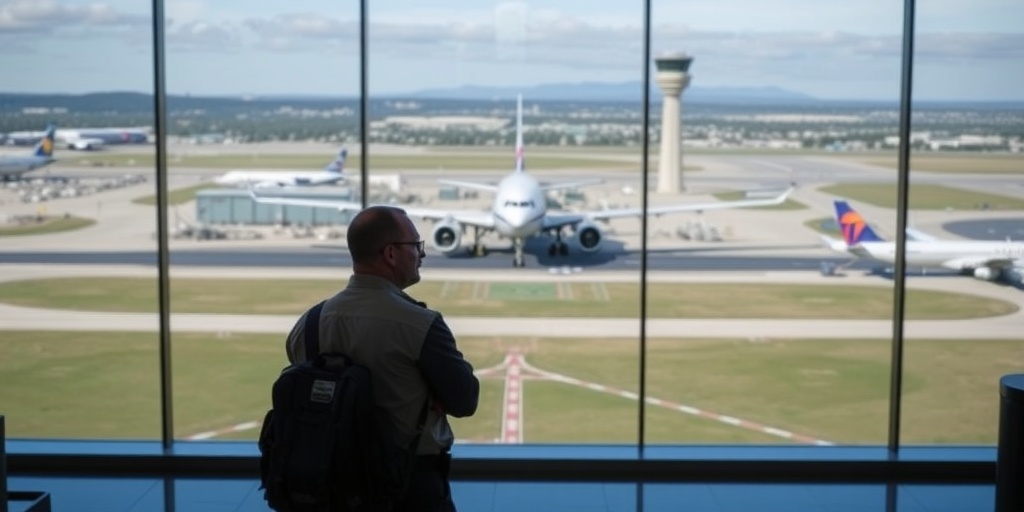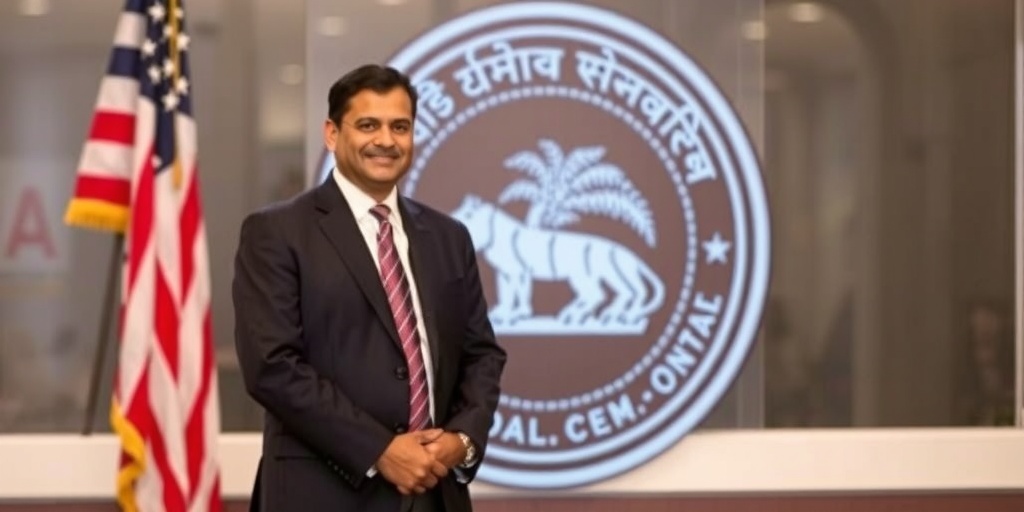Now Reading: U.S. Cuts Funding for Global Polio, HIV, Malaria, and Nutrition Programs
-
01
U.S. Cuts Funding for Global Polio, HIV, Malaria, and Nutrition Programs
U.S. Cuts Funding for Global Polio, HIV, Malaria, and Nutrition Programs
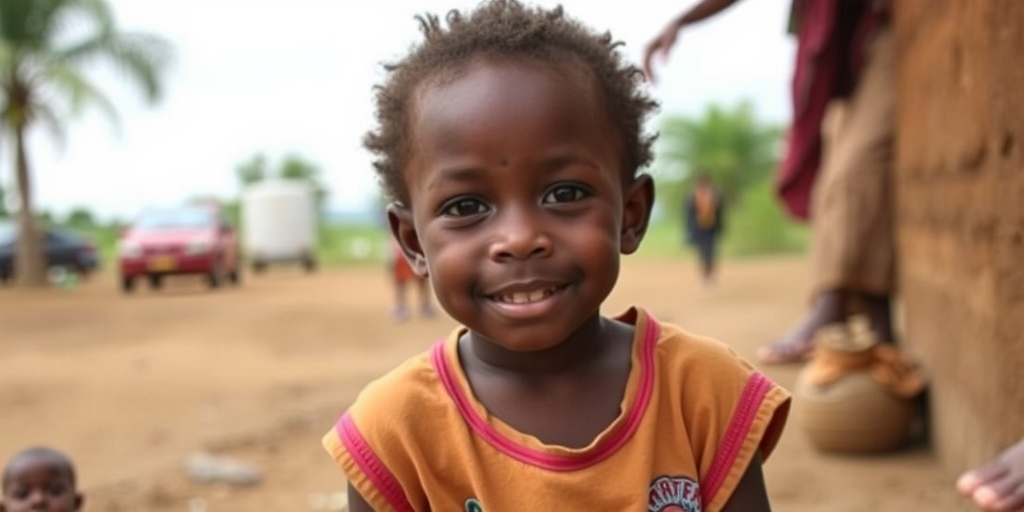
Title: A Devastating Cut: U.S. Government Halts Funding for Thousands of Vital Health Programs
Starting Wednesday afternoon, a wave of communication swept through the inboxes of organizations worldwide that relied on crucial funding from the U.S. government for lifesaving efforts. The emails, dispatched from the State Department in Washington, signaled an abrupt termination of support for a staggering 5,800 projects facilitated by the United States Agency for International Development (USAID). The terse notices, bearing the ominous heading “This award is being terminated for convenience and the interest of the U.S. government,” marked an astonishing turn of events. Many of these projects had been previously identified as essential, having received waivers from an earlier funding freeze instituted during the Trump administration for further review. The recent notifications now extinguished any lingering hope that American assistance could continue.
Dr. Catherine Kyobutungi, the executive director of the African Population and Health Research Center, expressed grave concerns about the ramifications of these cuts, stating, “People will die, but we will never know, because even the programs to count the dead are cut.” The repercussions are dire, hitting vital health initiatives that address grave issues such as H.I.V. treatment, malaria control, and polio eradication—not to mention the very foundation of public health infrastructure in numerous regions.
The canceled projects include a spectrum of critical health services that served millions of vulnerable individuals, especially in the Global South. For instance, a significant $131 million grant to UNICEF’s polio immunization program, critical for ensuring that millions of children received vaccines, has been terminated. Moreover, a $90 million contract with Chemonics meant to provide bed nets, malaria tests, and treatments to safeguard 53 million individuals is now scrapped, putting many at risk of preventable diseases.
Among the terminated initiatives is a project managed by FHI 360, which focused on deploying community health workers in Yemen to address acute malnutrition—a particularly alarming issue in the context of the ongoing civil war, where one in five children is critically underweight. Additionally, the Global Drug Facility, pivotal for providing tuberculosis medications, saw its funding disappear. Last year, this facility had managed to deliver treatment to nearly three million individuals.
H.I.V. care and treatment projects, especially those run by the Elizabeth Glaser Pediatric AIDS Foundation, which supported life-saving treatments for 350,000 people across countries like Lesotho, Tanzania, and Eswatini, have been halted. These cuts also include a crucial initiative in Uganda for tracing Ebola contacts, which could significantly compound the risks posed by the virus to communities already in distress.
The financial implications of this termination are staggering. The aid cuts have halted the management and distribution of $34 million worth of medical supplies in Kenya—an essential lifeline that provided life-saving treatments and tests for diseases like H.I.V. and malaria, potentially affecting thousands of lives.
This situation is dire for multiple vulnerable populations. For example, shelters for 33,000 women victims of gender-based violence in South Africa, projects in the Democratic Republic of Congo that supply water to 250,000 people displaced by conflict, and various health service initiatives across Nepal and Nigeria serving millions all face an uncertain future without this funding.
Helen Keller International reported that cutting its project, which managed to treat over five million people across six countries in West Africa for neglected tropical diseases, would have severe consequences for public health. Reports reveal that 60,000 children under five are now at immediate risk of death due to malnutrition in Nigeria because of the halted initiatives focusing on severe acute malnutrition.
Projects that provided critical health services across refugee camps in regions like Sudan and Bangladesh are also affected. These projects were vital for ensuring that malnourished pregnant women received necessary food and supplements, and that children were adequately nourished and cared for during formidable challenges.
Several initiatives aimed at combating malaria, such as PATH’s REACH Malaria program—protecting over 20 million people—are also among the casualties of this massive funding cut. Efforts to improve H.I.V. treatment access for underserved populations, particularly via UNAIDS, will also be severely hindered, complicating ongoing public health battles that were making significant strides in recent years.
The overarching consequences of these cuts paint a bleak picture for international health, poverty alleviation, and the fight against preventable diseases. As communities brace for the detrimental effects of these terminations, advocates and health officials worldwide are left grappling with the reality that lives will undoubtedly be lost, and many may never know the extent of this loss. The message stands clear: the termination of these vital health programs is not just a reduction in funding; it is a direct threat to the health and lives of millions globally.
Stay Informed With the Latest & Most Important News
Previous Post
Next Post
-
 01New technology breakthrough has everyone talking right now
01New technology breakthrough has everyone talking right now -
 02Unbelievable life hack everyone needs to try today
02Unbelievable life hack everyone needs to try today -
 03Fascinating discovery found buried deep beneath the ocean
03Fascinating discovery found buried deep beneath the ocean -
 04Man invents genius device that solves everyday problems
04Man invents genius device that solves everyday problems -
 05Shocking discovery that changes what we know forever
05Shocking discovery that changes what we know forever -
 06Internet goes wild over celebrity’s unexpected fashion choice
06Internet goes wild over celebrity’s unexpected fashion choice -
 07Rare animal sighting stuns scientists and wildlife lovers
07Rare animal sighting stuns scientists and wildlife lovers














